VICOAP Inigo Larrazabal Statement
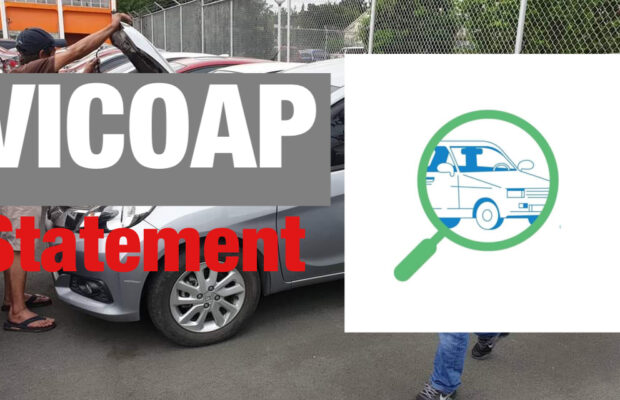
In the same way that we responded to the first call of the government about roadworthiness and made the investment without hesitation, we continue to believe that this is a good and worthy program.
Working closely with Congress and the DOTR, we have, as a group, agreed to operate at a loss and lower the fees: P600 for light vehicles; P500 for motorbikes; and P300 for public utility jeepneys.
We acknowledge that MVICs are not mandated for vehicle registration. However, our work in PMVICs goes beyond compliance and regulation. This is about saving lives. No one can mandate us to save other people’s live; this is our moral obligation to make sure that our vehicles are safe not just for our families, but that we don’t pose a threat to others on the road.
VICOAP would like to thank Transport Secretary Arthur Tugadefor the thrust to make our roads much safer at this time where many Filipinos are returning to the road.
We would also like to thank the Transport Committee Chair Rep. Edgar Sarmiento and Rep. Precious Hipolito-Castelo for working with us to find the right balance between promoting road safety and the financial circumstances of Filipinos today.
For too long, we have allowed Filipinos to meet tragic fates on the road.
We have over 12,000 deaths annually due to road accidents.
Every year, the MMDA’s accident reporting system reveals at least 100,000 accidents in the city alone, with many of these resulting in injuries and damage to property.
Imagine how much more is happening in other cities and provinces?
And even with last year’s lockdown and limited mobility, the numbers were not significantly impacted.
Road tragedies have long been part of a silent epidemic that has gone ignored for far too long.
And the second leading cause of these tragedies? Mechanical failure.
People are losing life and limb for something that can be easily prevented with regular roadworthiness checks, and that is precisely why VICOAP was formed.
From a single emissions test, vehicle inspections now examine over 60 different points of potential machine failure that could lead to a tragic death on the road.
And if cost is the discussion, then we appeal to everyone to understand that you cannot put a price on human life.
Everyone is affected by this pandemic on wheels—the driver, the vehicle owner, the passengers, the commuters, and pedestrians affected by a collision or a vehicle that has gone off the rails. Those who survive suffer physical injuries and emotional trauma which take a lot of time and money to heal.
If the vehicle owner or driver earns his living from that vehicle, then he loses his livelihood and will have a hard time supporting his family. That is what we face.
However, we understand fully, that given today’s economic climate, many Filipinos are struggling financially. Many have lost their jobs while others are struggling to change industries.
We understand that the added cost of vehicle inspections will be difficult for many.
And yet, with the economy re-opening, we are running the risk of allowing millions of unchecked vehicles back on the road, putting Filipinos at risk of tragedy on the road once again.
VICOAP cannot, in good conscience, allow road accidents to plague our country once again. We are here to save as many lives as we can.
Even with the lockdown, there was no significant drop in the number of car accidents. That just shows that it is time to take action and do something about. That is why VICOAP was formed. No Filipino deserves to lose their life for something that can easily be prevented.
These centers were by no means a small investment. But PMVICS are also a commitment to public service and public safety. However, if running at a loss will help Filipinos during this time of pandemic, then we will happily oblige.
At the end of the day, what matters is that we save as many lives on the road as we can, and it is a cause that VICOAP will bleed for, as we stand with our government and the Filipino people.




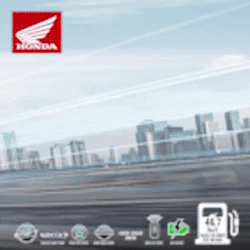

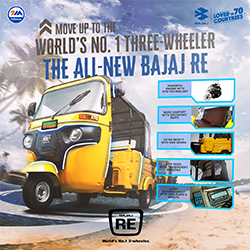

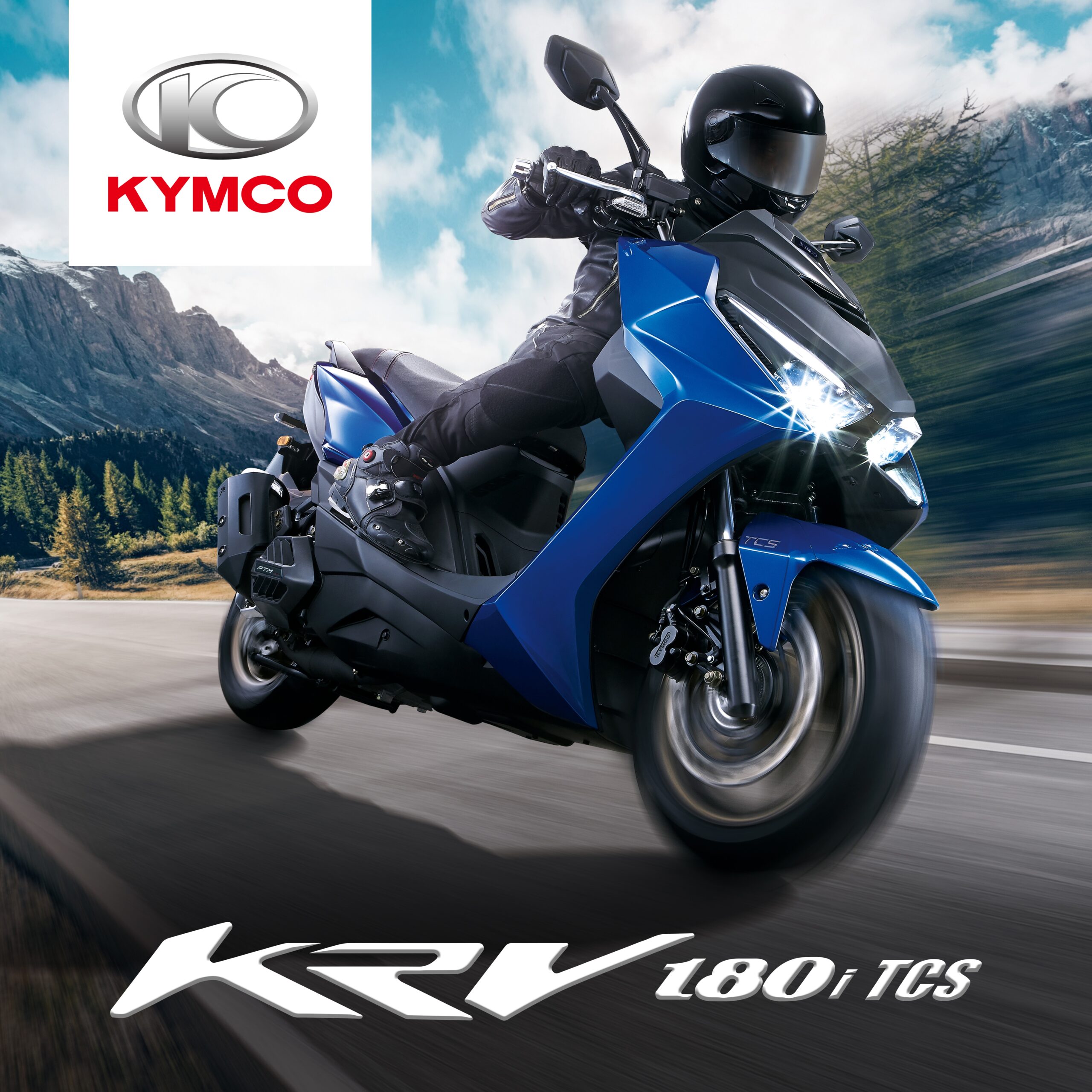


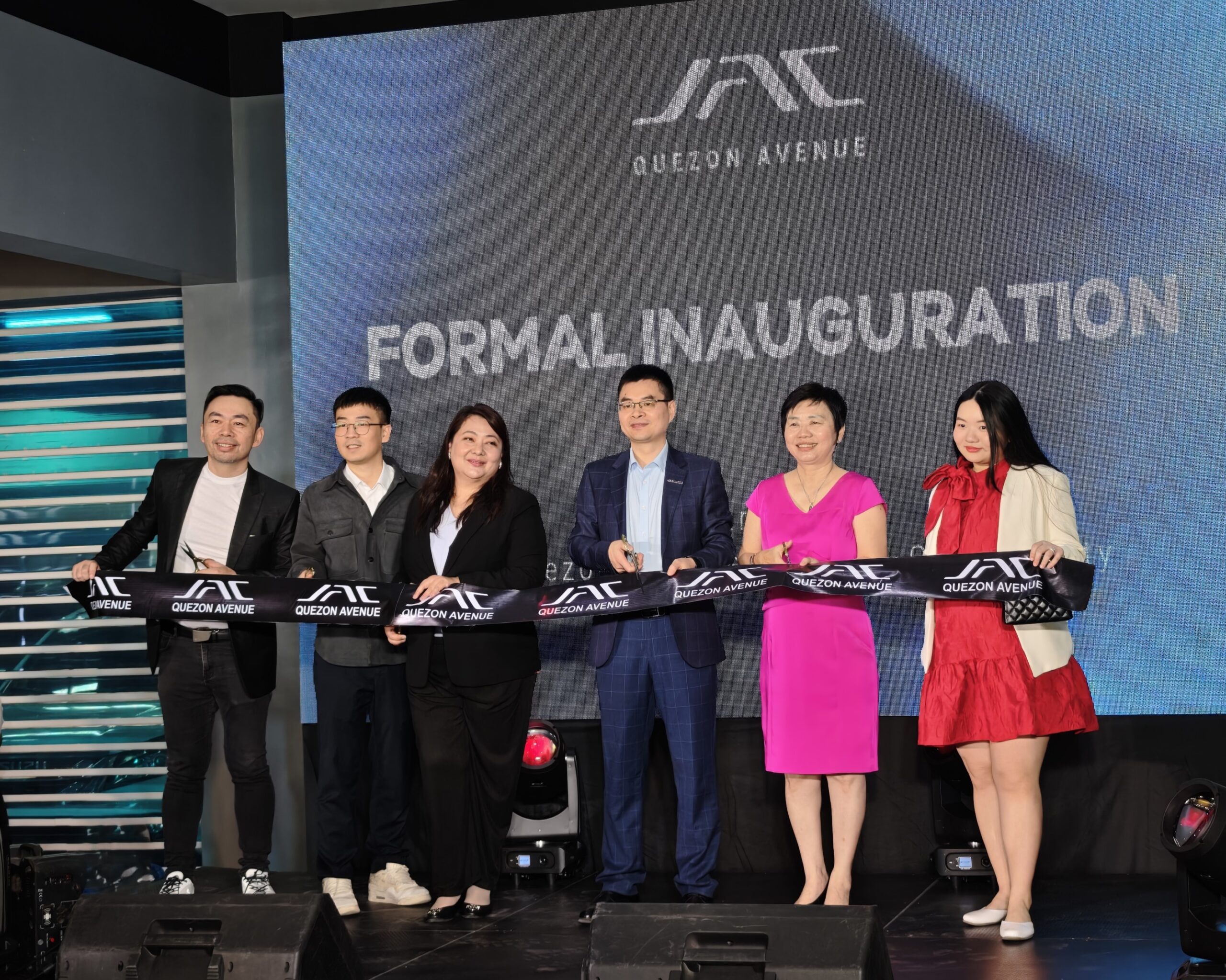


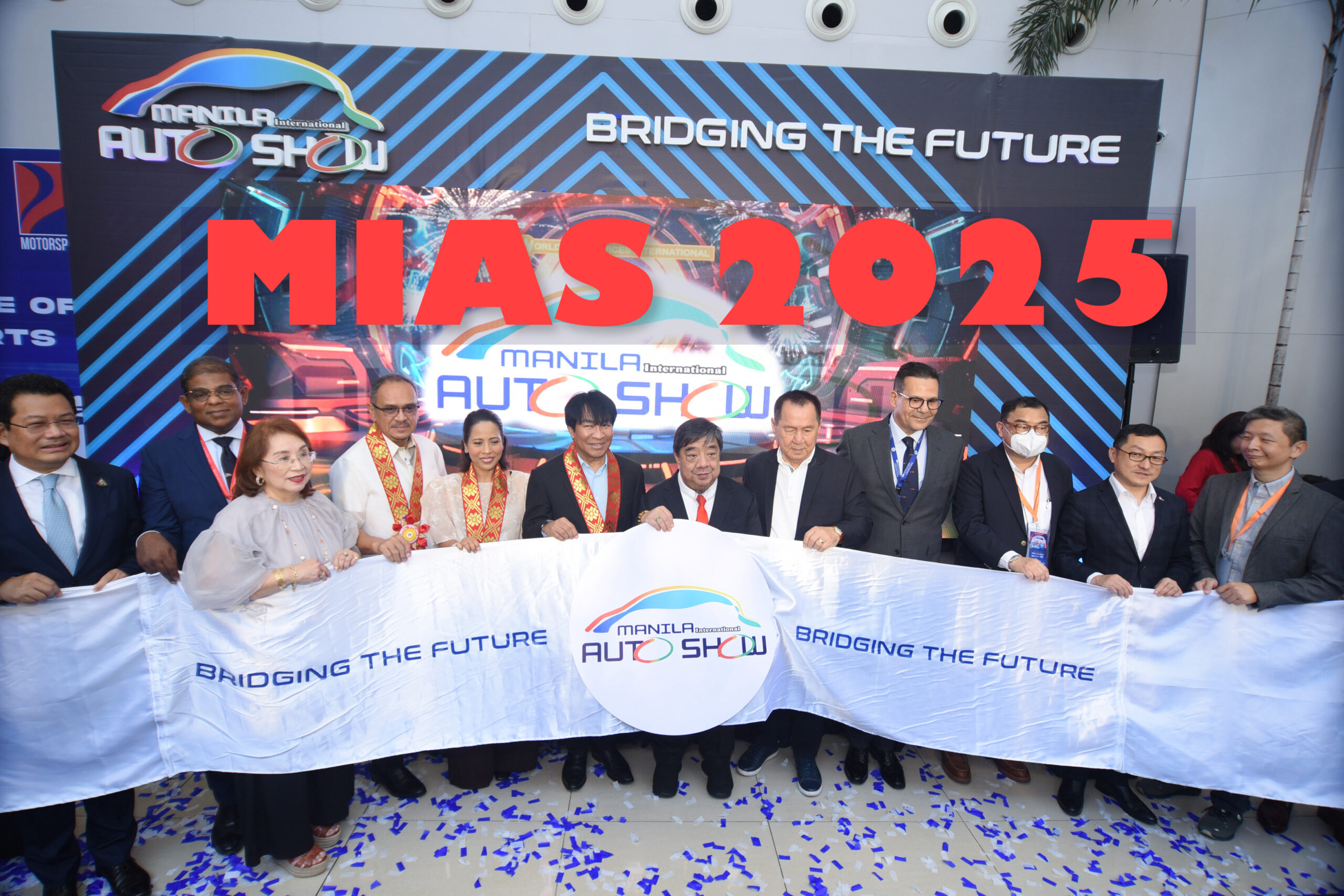


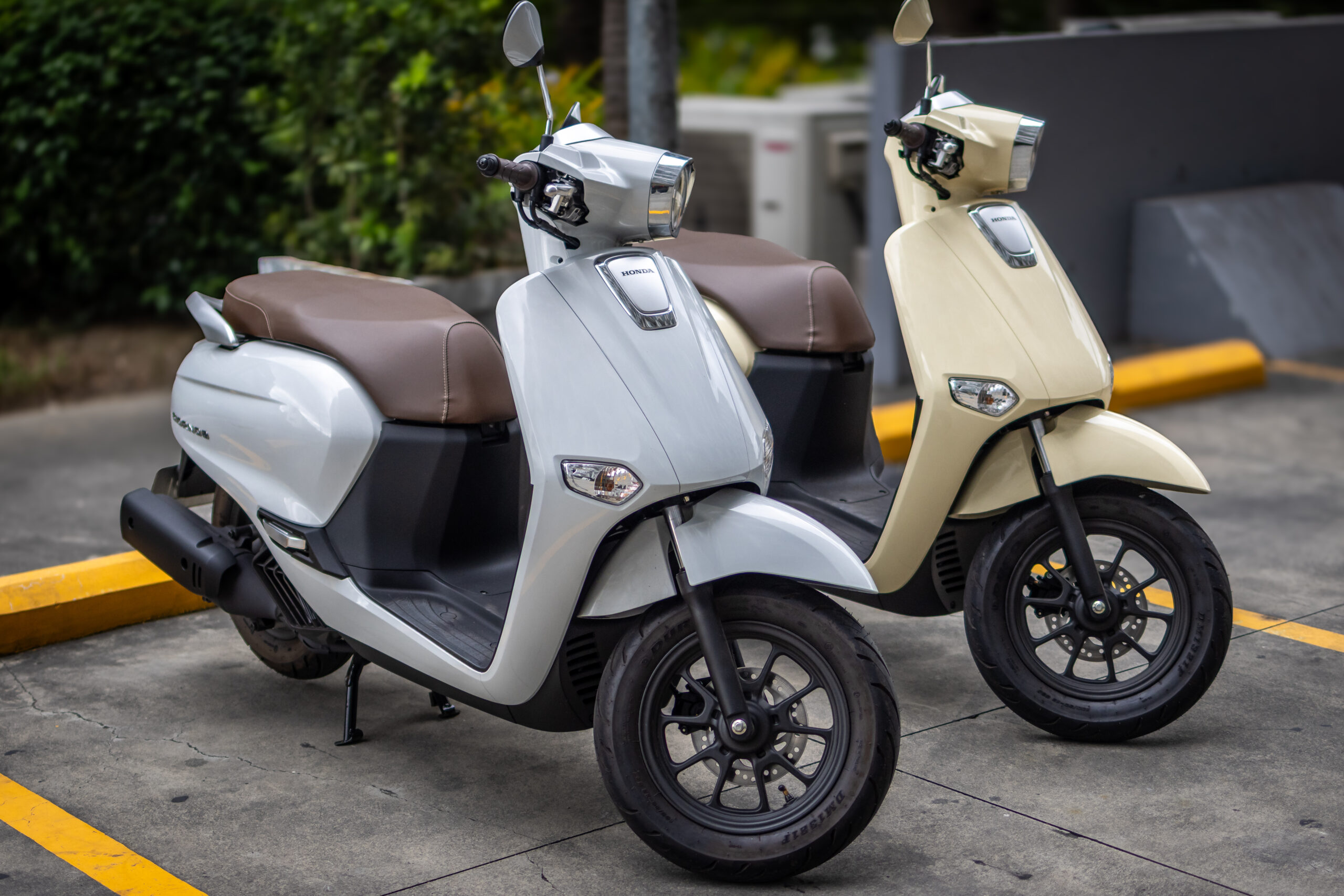




0 comments